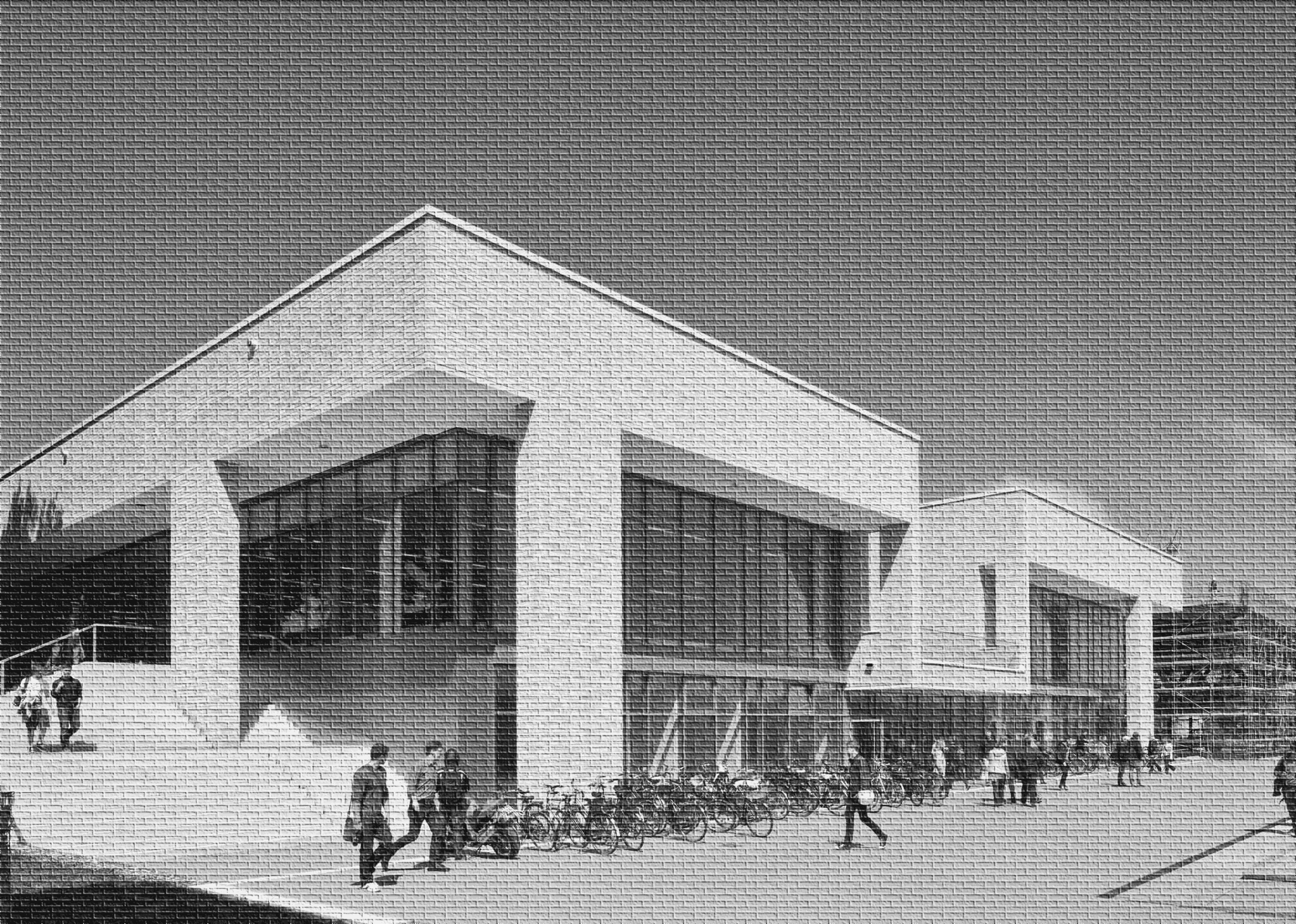

The world is projected to reach a population of 9.7 billion in 2050 and could peak at nearly 11 billion around 2100 according to recent United Nations reports. The human capital development of youth, especially in the Global South, therefore plays a crucial role in enabling economic and social mobility. The United Nations expects that by 2030, the global majority of people under the age of 24 will live on the African continent. These young people will be instrumental in tackling the myriad of challenges from the climate crisis to food system security and migration not just on the continent but around the world. Therefore, the development of human capital is of paramount importance to meet the challenges of the emerging green and knowledge-based economy in the 21st century.
The Graduate Assistance Initiative Network (GAIN) was ideated in tandem with the UN SDG framework (1, 4, 5, and 10). Our goal is to increase the diversity and inclusion of underrepresented groups such as in higher education to promote human capital development and thus socio-economic growth.

We seek to live to the highest standards of personal honesty and behaviour; we never compromise our reputation and always act in the best interests of development.
We take personal responsibility for using our resources efficiently, achieving measurable results, and being accountable to supporters, partners and, most of all, man and his environment. We are reliable partners and we exalt good stewardship
We are committed to development that meets the needs of the present without compromising the ability of future generations to meet their own needs.
We are committed to development that meets the needs of the present without compromising the ability of future generations to meet their own needs.
We are committed to development that meets the needs of the present without compromising the ability of future generations to meet their own needs.
We are committed to development that meets the needs of the present without compromising the ability of future generations to meet their own needs.
An application window is opened to recruit volunteer mentors between August 22nd and September 30, 2022. These mentors shall be remunerated at menial amounts/mentee.
Concurrent application shall be open to mentees between September 8th and 7th October 2022.
Pairing of mentors and mentees shall be completed in October 2022.
Mentorship shall be completed between 1st November 2022 to March 30, 2023.
Feedback from both mentors and mentees shall be collected in April 2023 to help improve the programme.
A virtual closing ceremony will be held in early May 2023 where mentors and mentees can give account of their experience in the program.
Applicants from the global South and underrepresented minorities in the Global North.
A candidate whose parent(s)/legal guardian(s) have not completed a bachelor’s degree.
Women, non-binary applicants, and trans applicants of any gender orientation.
Candidates from households with net income below the United Nations and World Bank’s poverty measures.
Candidates who have a physical or mental impairment that substantially limits one or more major life activities, a person who has a history or record of such an impairment, or a person who is perceived by others as having such an impairment.
Lesbian, gay, bisexual, transgender, queer, intersex, or asexual applicants as described by the Human Rights Campaign.
Mentors support and assist mentees through guidance and feedback on their application portfolio: CV, Statement of Purpose, selecting graduate schools, and the professors aligned to their career interests. The mentoring will be done virtually on an agreed schedule between the mentor and the mentee at regular intervals. This is a volunteering program, so graduate students from any university across the world can participate in helping other young people. Graduate students have gained years of experience searching for scholarship opportunities, and thus, are equipped with the tools and skillsets to improve mentees' applications to graduate programmes.
Mentor Application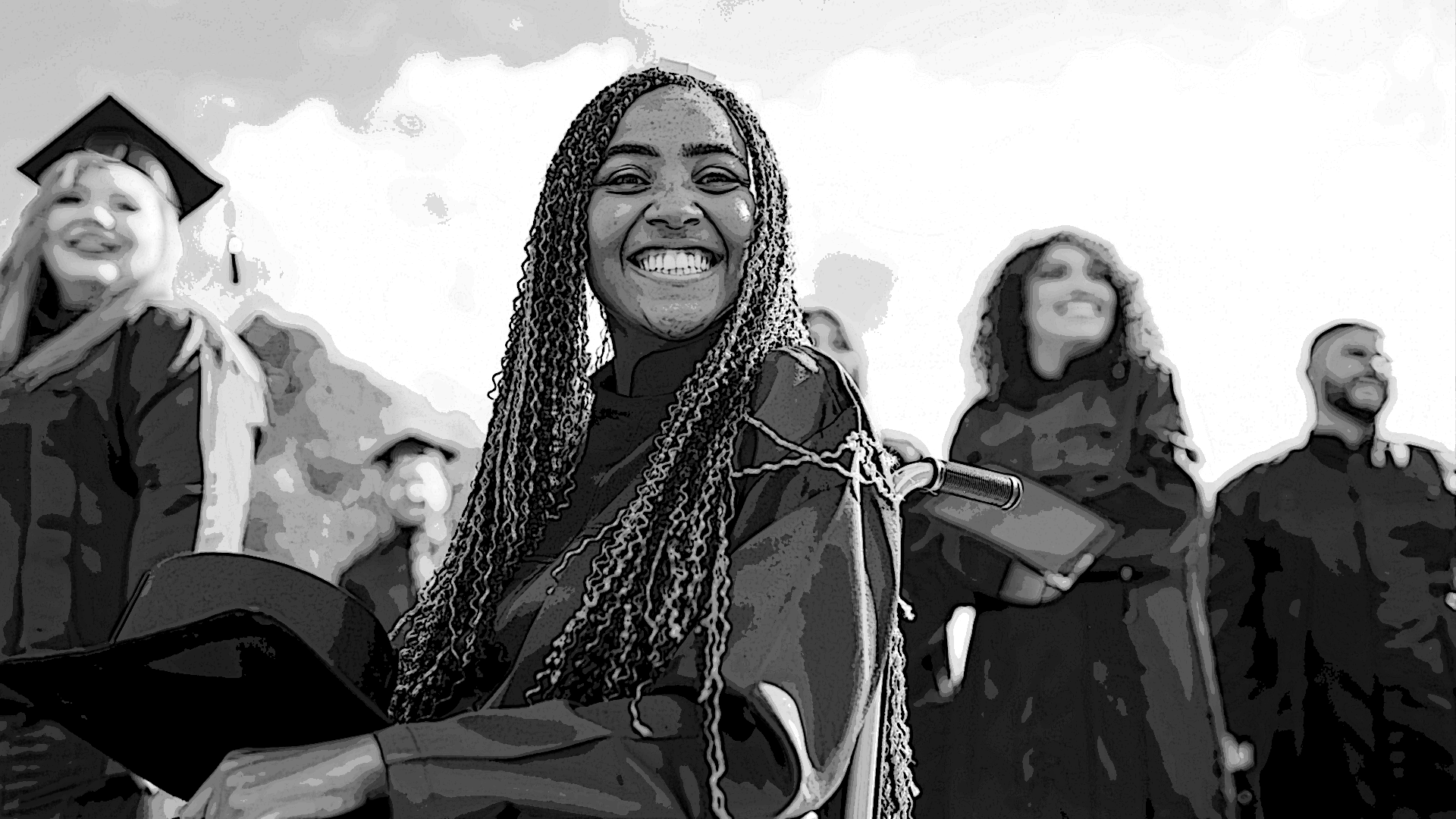
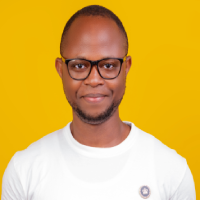
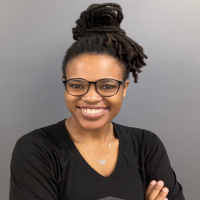
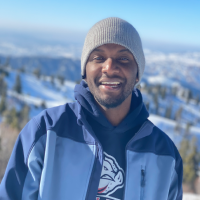
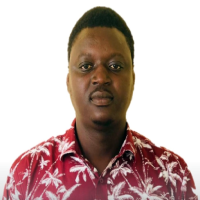
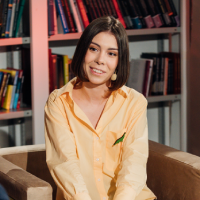
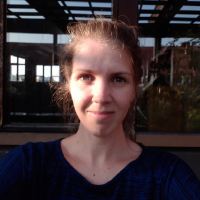

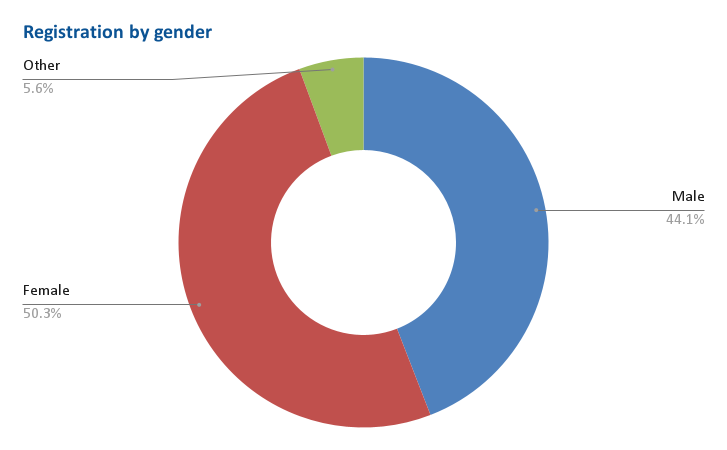
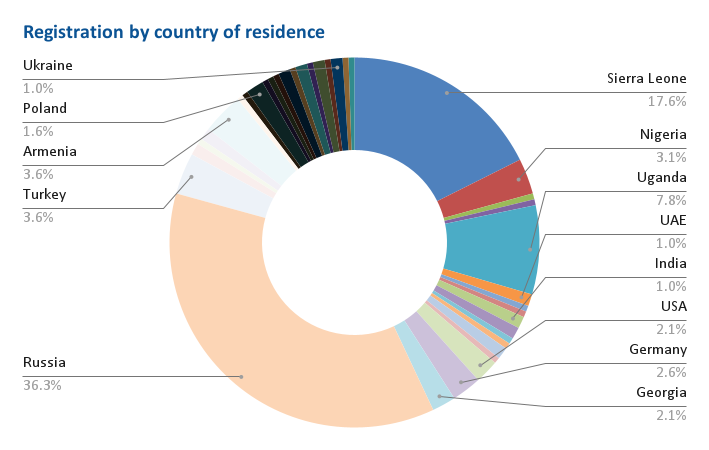
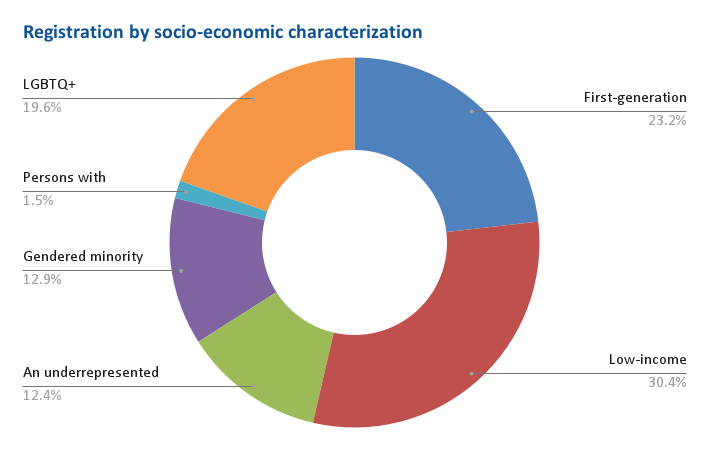
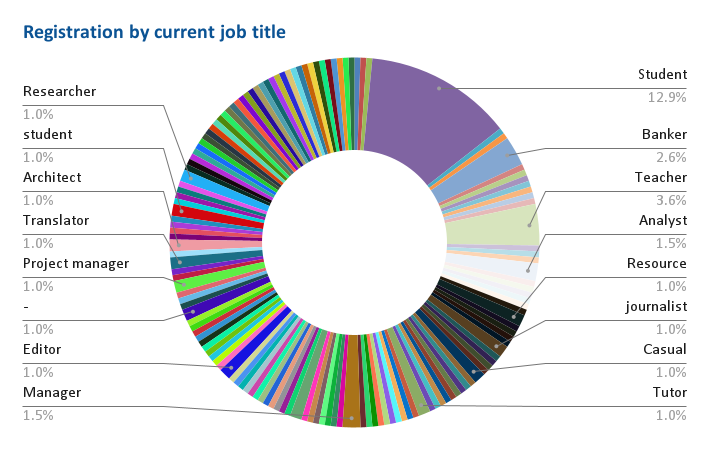
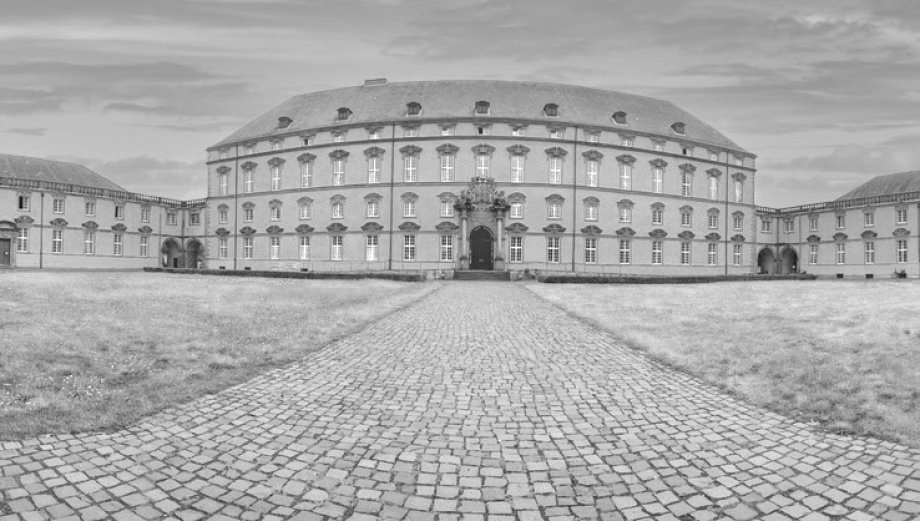

reach out if you have questions about the application process, eligibility, timeline, etc.
reach out if you would like to get involved in GAIN.
reach out if you want to donate and/or partner with us.